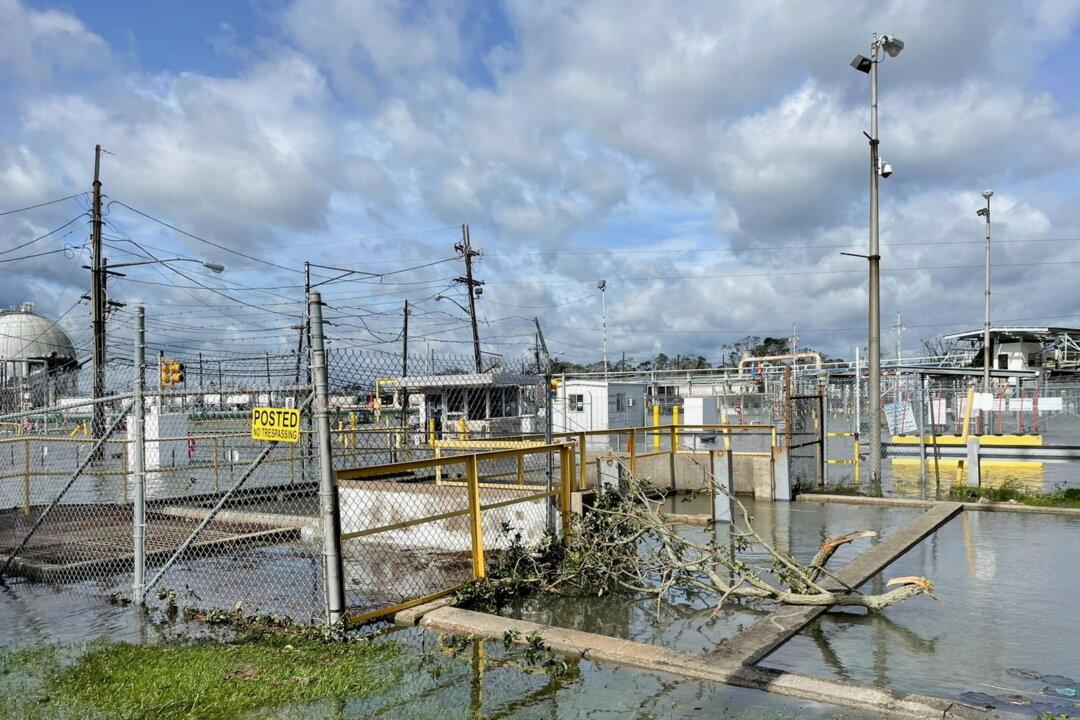The Manufacturers’ Accountability Project (MAP) has criticized the United States 4th Circuit Court of Appeals’ April 6 ruling that remanded a climate change lawsuit—lodged by Baltimore against multinational oil companies—to state rather than federal courts for resolution.
The unanimous ruling by a three-judge panel “misses the real issue here,” MAP special counsel Phil Goldberg said in a statement.





